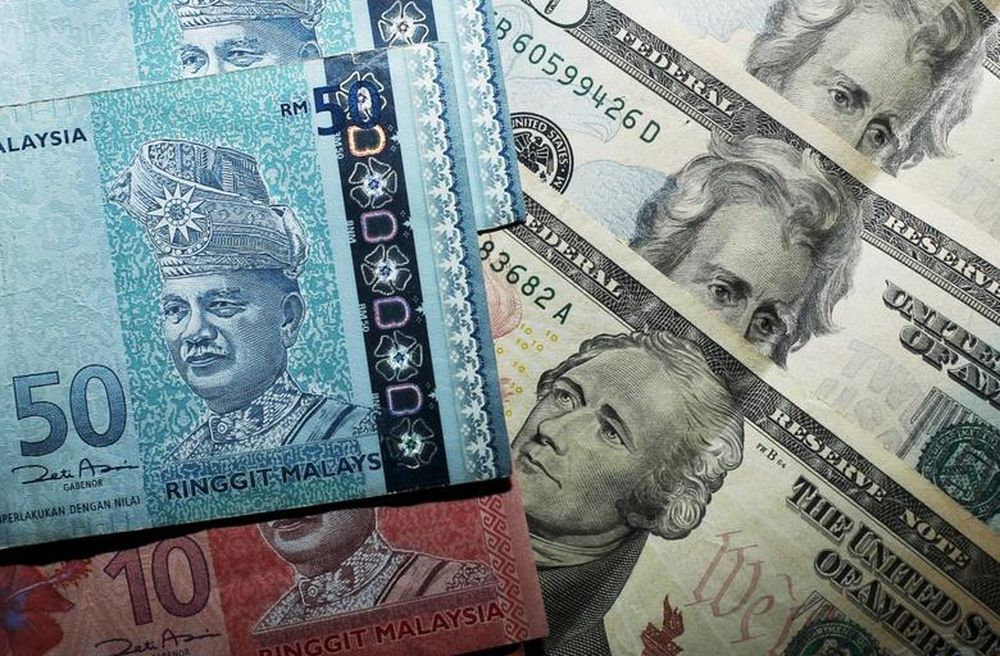Our Ringgit Is Weakening Because Of The Prospect Of War In The Middle East
The killing of Iranian military commander, Qasem Soleimani, by the USA has escalated geopolitical tension in the Middle East.
The escalating geopolitical tension in the Middle East following the killing of Iranian Major General, Qasem Soleimani, is weakening the ringgit as traders shift towards the United States dollar (USD)
A Bernama report said that as of 9.06am today, 8 January, the ringgit was at 4.1100/1140 against the USD from 4.0910/0950 at yesterday's closing time.
The prospect of a war in the Middle East has led traders to shift towards the USD, considered to be one of the three major safe-haven currencies in the world. The other two are the Japanese yen and the Swiss franc, which is also the legal tender of Liechtenstein and the Italian exclave of Campione d'Italia.
While the start of 2020 was good for the ringgit — it reached a nine-month high against the dollar on 2 January — it has been closing lower following the airstrike at Baghdad International Airport
According to an analyst quoted by Bernama last week, the airstrike by the United States on Friday morning has led to global geopolitical uncertainty.
"Despite the benchmark Brent crude soaring 3.8% to USD68.79, the ringgit continued to decline due to fears of economic activity disruption," the analyst told Bernama.
"From what we can see, tensions will continue to rise and the Middle Eastern region, which is rich in oil, will be on a hotspot until the intensity subsides," she said, adding that the airstrike by Washington had led to several military powerhouses to condemn the attack while Iran had vowed to retaliate.
A dealer, who was commenting on the situation, echoed the same sentiments.
According to him, the escalating tensions have hampered buying sentiment for ringgit as "traders are worried that the tension will persist and have a negative effect on investors' risk appetite moving forward".
Meanwhile, following Iran vowing to retaliate against the US, experts expect that the situation will escalate faster than expected and it will continue to make the ringgit move in reverse mode
"Oil prices are expected to be on upward momentum in the coming weeks, but the geopolitical sentiment will drag down business confidence," an analyst was quoted as saying last week.
"Adding to that, the rising problem will cause global trade to decline further. This will hurt the economy further. It is also expected that the relationship between the US and China will be more sour as China is a key partner of Iran and a major buyer of the country's oil," she added.
Burning debris are seen on a road near Baghdad International Airport on 3 January.
Image via Business InsiderAnd it's not just the USD, as the local note has traded lower against a basket of major currencies, reported Bernama
The ringgit fell against the Singapore dollar to 3.0413/0454 from 3.0331/0369 and declined against the Japanese yen to 3.8087/8135 from 3.7715/7759.
It depreciated against the British pound to 5.3894/3955 from 5.3887/3956 and was lower against the euro to 4.5868/5916 from 4.5750/5811.

